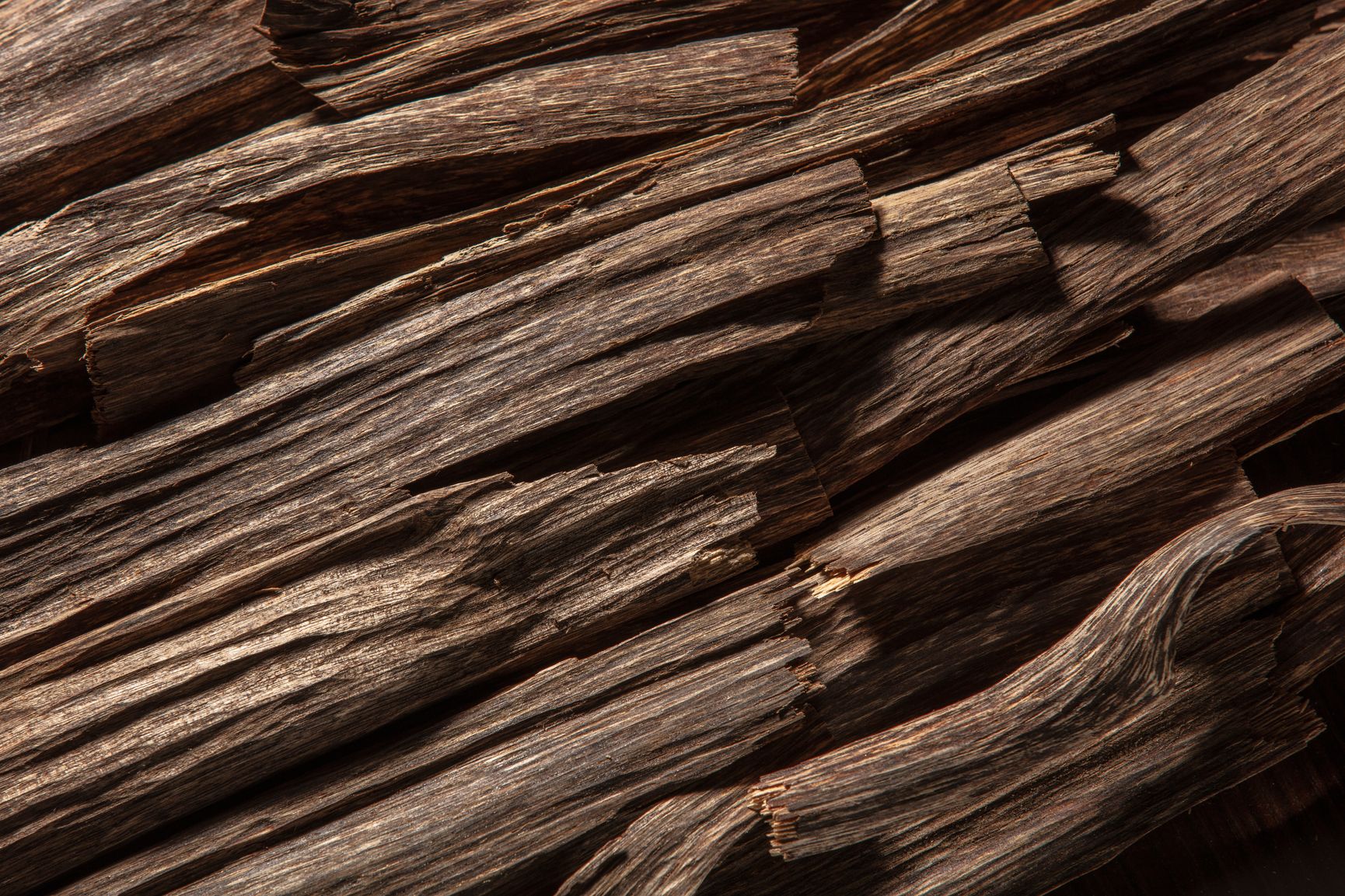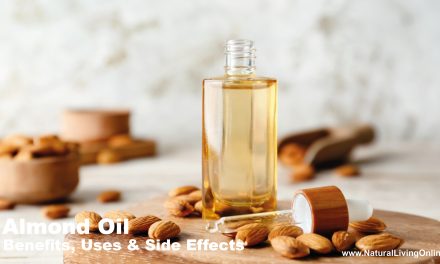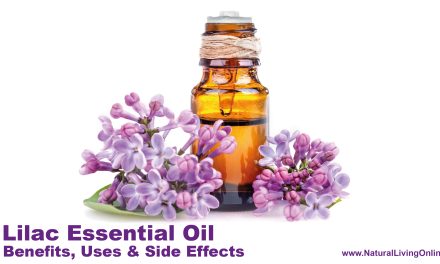Agarwood essential oil is a powerful and unique oil that has a variety of benefits. It is extracted from the heartwood of the agarwood tree, which is found in Southeast Asia and parts of India. The oil has a woodsy smell and contains compounds that give it its therapeutic properties. In this blog post, we will discuss the benefits, uses and side effects of agarwood essential oil.
What is Agarwood?
Agarwood is a type of wood that is found in Southeast Asia and parts of India. The heartwood of the agarwood tree is used to make essential oil, which has a variety of benefits. Agarwood oil is often used in aromatherapy, and it has been shown to have anti-inflammatory and antibacterial properties. Additionally, agarwood oil is said to be a natural antidepressant and can help improve moods. If you are looking for a natural way to improve your health, consider using agarwood oil.
How many different types of Agarwood essential oils are there?
There are three main types of agarwood essential oil: aquilaria malaccensis, aquilaria crassna and aquilaria sinensis. Each type has its own unique properties and benefits.
How Agarwood essential oil is made?
Agarwood essential oil is extracted from the heartwood of the agarwood tree using steam distillation. The process takes several hours and produces a very small amount of oil.
What is the botanical name of Agarwood?
The botanical name for agarwood is Aquilaria malaccensis.
What is the chemical composition of Agarwood essential oil?
The main chemical constituents of agarwood essential oil are a-guaiene, sesquiterpenes, and eudesmol. These compounds give the oil its therapeutic properties.
What are the benefits of using Agarwood essential oil?
Agarwood oil has been used for centuries in traditional medicine for its healing properties. The oil is said to be helpful in treating a variety of ailments, including headaches, colds, and stomach problems. In recent years, there has been growing interest in the use of agarwood oil for its potential health benefits.
One of the most well-known benefits of agarwood oil is its ability to relieve stress and anxiety. The oil is said to have a calming effect on the mind and body, helping to reduce feelings of tension and worry. Agarwood oil is also commonly used as a natural sleep aid, as it can help to promote deep and restful sleep.
Other potential benefits of agarwood oil include its ability to boost immunity, fight inflammation, and improve circulation. Some studies have also suggested that the oil may be helpful in treating cancer. However, more research is needed to confirm these potential health benefits.
What are ways to use Agarwood essential oil?
Agarwood essential oil can be used in a diffuser or diluted in a carrier oil and applied topically. It can also be added to a bath. Agarwood essential oil is known for its calming and relaxing properties. It can help reduce stress and anxiety. It is also said to be aphrodisiac. Agarwood essential oil should not be used during pregnancy or while breastfeeding. Consult your doctor before using this oil if you are pregnant or breastfeeding.
How Agarwood essential oil has been used historically?
Agarwood oil has been used for centuries in traditional Chinese medicine. The oil is said to be beneficial for a wide range of issues, including anxiety, depression, and insomnia. Additionally, agarwood oil is thought to be an effective treatment for skin conditions such as eczema and psoriasis. Agarwood oil is also known for its anti-inflammatory properties, which can help alleviate pain associated with various health conditions. Agarwood essential oil has also been used for centuries in Ayurvedic medicine to treat a variety of health conditions. It is also popular in aromatherapy.
What does blend well with Agarwood essential oil?
Agarwood essential oil blends well with other woodsy oils, such as cedarwood and sandalwood. It also pairs well with citrus oils, such as lemon and grapefruit.
What does not blend well with Agarwood essential oil?
Agarwood essential oil does not pair well with floral scents, such as lavender and rose. It can also be overpowering when mixed with other woodsy oils.
What are the side effects of using Agarwood essential oil?
Agarwood essential oil is generally safe and well tolerated. However, some people may experience skin irritation or allergic reactions when using it topically. It is also important to avoid contact with eyes and mucous membranes.
What does Agarwood essential oil smell like?
Agarwood essential oil has a woodsy, earthy smell that is often described as musky or smoky.
How do I make Agarwood Essential Oil at home?
It is not possible to make agarwood essential oil at home due to the complex distillation process involved. Only a small amount of oil is produced, so it is not commercially viable to make it yourself.
What is the shelf life of Agarwood essential oil?
The shelf life of agarwood essential oil is about two years. However, it is best to use it within six months to ensure that the therapeutic properties are intact.
Is Agarwood Essential Oil safe for children?
Agarwood essential oil is generally safe for children when used in appropriate doses. It should be avoided in young children and those with sensitive skin.
Can Agarwood Essential Oil be used on pets and animals?
Yes, agarwood essential oil can be used on pets and animals but should be diluted before use. It may help relieve anxiety or stress in animals. However the general rule of thumb is to consult veterinarian before using any essential oils on pets.
Let us know in comments how do you use this amazing oil in your daily routine.
This website does not provide medical advice.
All information provided on this website, and on associated social media networks, including but not limited to texts, images, and numbers are for general information purpose only. It is not intended as medical advice and it does not include all possible precautions, side effects, or interactions that may occur. Neither NaturalLivingOnline.com nor its author/founder take responsibility for how you use this information. Statements contained on NaturalLivingOnline.com have not been evaluated by the FDA. You should conduct thorough research via multiple sources and consult your physician or qualified doctor before using any essential oil or herbal remedy. Information on NaturalLivingOnline.com must not be relied upon for medical, legal, financial or other decisions.













